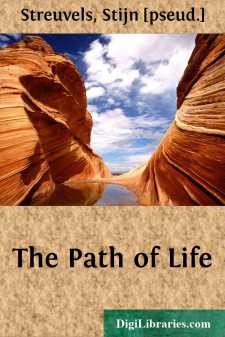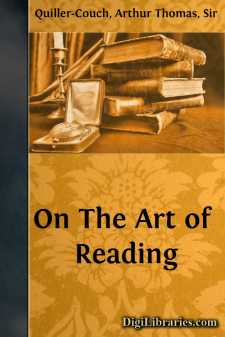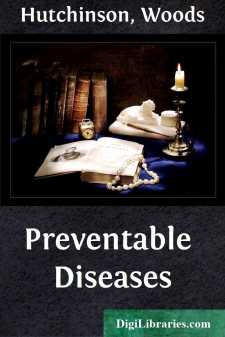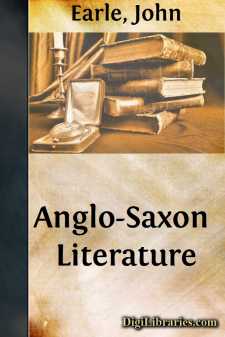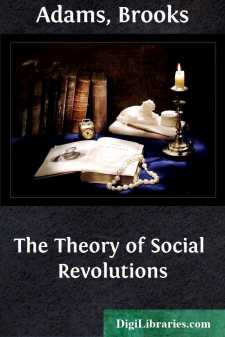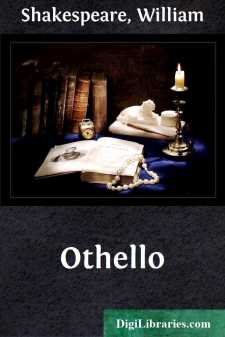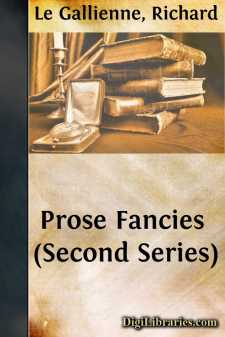Categories
- Antiques & Collectibles 13
- Architecture 36
- Art 48
- Bibles 22
- Biography & Autobiography 813
- Body, Mind & Spirit 142
- Business & Economics 28
- Children's Books 17
- Children's Fiction 14
- Computers 4
- Cooking 94
- Crafts & Hobbies 4
- Drama 346
- Education 46
- Family & Relationships 57
- Fiction 11829
- Games 19
- Gardening 17
- Health & Fitness 34
- History 1377
- House & Home 1
- Humor 147
- Juvenile Fiction 1873
- Juvenile Nonfiction 202
- Language Arts & Disciplines 88
- Law 16
- Literary Collections 686
- Literary Criticism 179
- Mathematics 13
- Medical 41
- Music 40
- Nature 179
- Non-Classifiable 1768
- Performing Arts 7
- Periodicals 1453
- Philosophy 64
- Photography 2
- Poetry 896
- Political Science 203
- Psychology 42
- Reference 154
- Religion 513
- Science 126
- Self-Help 84
- Social Science 81
- Sports & Recreation 34
- Study Aids 3
- Technology & Engineering 59
- Transportation 23
- Travel 463
- True Crime 29
The Path of Life
Description:
Excerpt
In introducing this new writer to the English-speaking public, I may be permitted to give a few particulars of himself and his life. Stijn Streuvels is accepted not only in Belgium, but also in Holland as the most distinguished Low-Dutch author of our time: his vogue, in fact, is even greater in the North Netherlands than in the southern kingdom. And I will go further and say that I know no greater living writer of imaginative prose in any land or any language. His medium is the West-Flemish dialect, which is spoken by perhaps a million people inhabiting the stretch of country that forms the province of West Flanders and is comprised within the irregular triangle outlined by the North Sea on the west, the French frontier of Flanders on the south and a line drawn at one-third of the distance between Bruges and Ghent on the east. In addition to Bruges and Ostend, this province of West Flanders includes such towns as Poperinghe, Ypres and Courtrai; and so subtly subdivided is the West-Flemish dialect that there are words which a man of Bruges will use to a man of Poperinghe and not be understood.
It is one of the most interesting dialects known to me, containing numbers of mighty mediaeval words which survive in daily use; and it is one of the richest: rich especially—and this is not usual in dialects—in words expressive of human characteristics and of physical sensations.
Thus there is a word to describe a man who is not so much a poor wretch, un misérable, as what Tom Hood loved to call "a hapless wight:" one who is poor and wretched and outcast and out of work, not through any fault of his own, through idleness or fecklessness, but through sheer ill-luck. There is a word to describe what we feel when we hear the tearing of silk or the ripping of calico, a word expressing that sense of angry irritation which gives a man a gnawing in the muscles of the arms, a word that tells what we really feel in our hair when we pretend that it "stands on end." It is a sturdy, manly dialect, moreover, spoken by a fine, upstanding race of "chaps," "fellows," "mates," "wives," and "women-persons," for your Fleming rarely talks of "men" or "women." It is also a very beautiful dialect, having many words that possess a charm all their own. Thus monkelen, the West-Flemish for the verb "to smile," is prettier and has an archer sound than its Dutch equivalent, glimlachen. And it is a dialect of sufficient importance to boast a special dictionary (Westvlaamsch Idiotikon, by the Rev. L. L. De Bo: Bruges, 1873) of 1,488 small-quarto pages, set in double column.
In translating Streuvels' sketches, I have given a close rendering: to use a homely phrase, their flavour is very near the knuckle; and I have been anxious to lose no more of it than must inevitably be lost through the mere act of translation. I hope that I may be forgiven for one or two phrases, which, though not existing, so far as I am aware, in any country or district where the English tongue is spoken, are not entirely foreign to the genius of that tongue. Here and there, but only where necessary, I have added an explanatory foot-note.
For those interested in such matters, I may say that Stijn Streuvels' real name is Frank Lateur. He is a nephew of Guido Gezelle, the poet-priest, whose statue graces the public square at Courtrai, unless indeed by this time those shining apostles of civilization, the Germans, have destroyed it. Until ten years ago, when he began to come into his own, he lived at Avelghem, in the south-east corner of West Flanders, hard by Courtrai and the River Lys, and there baked bread for the peasant-fellows and peasant-wives. For you must know that this foremost writer of the Netherlands was once a baker and stood daily at sunrise, bare-chested, before his glowing oven, drawing bread for the folk of his village. The stories and sketches in the present volume all belong to that period.
Of their number, Christmas Night, A Pipe or no Pipe, On Sundays and The End have appeared in the Fortnightly Review, which was the first to give Stijn Streuvels the hospitality of its pages; In Early Winter and White Life in the English Review; The White Sand-path in the Illustrated London News; An Accident in Everyman; and Loafing in the Lady's Realm....


